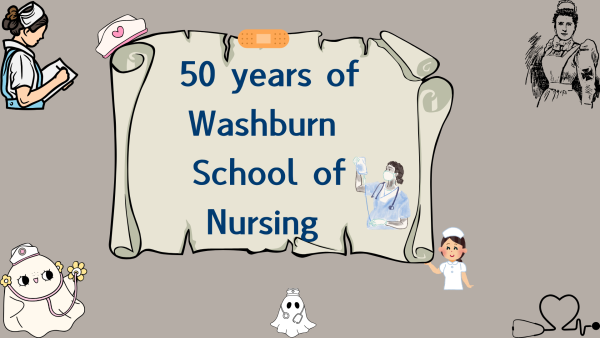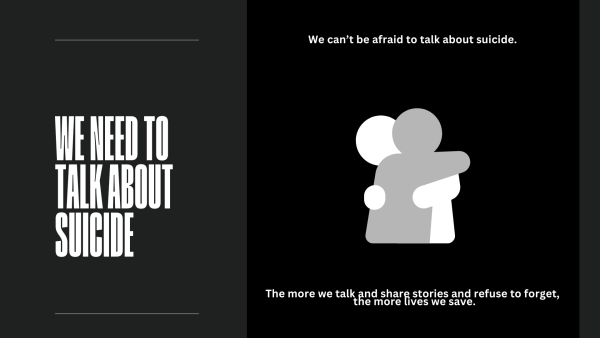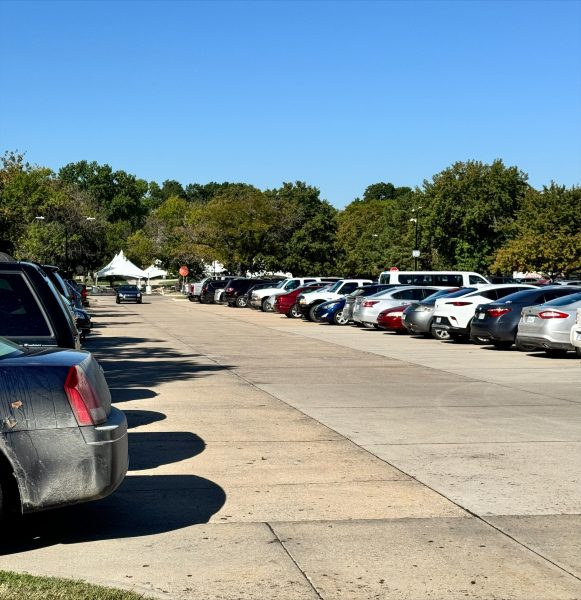Academic procrastination can be overcome with guidance
image courtesy of Sandhya Bhandari
Academic procrastination is an increasing issue in the lives of college students. Researchers provided insight into procrastination and how to combat it.
Many students put off doing work when deadlines approach. The act of postponing work that is essential to complete a goal is known as “procrastination.” One of the greatest obstacles preventing students from waking up, making the proper choices and leading the life they’ve imagined is procrastination. Every person has a part of their brain that tends to procrastinate, falsely giving the impression that there is a lot of time to complete a task but ultimately causing haste and delays in getting things done.
According to the Iranian Journal of Psychiatry and Behavioral Sciences in 2011, “Depending upon the cognitive, affective or behavioral components, procrastination will have different manifestations including academic, decisional, neurotic or compulsive procrastination. The most common form, however, is academic procrastination. It is defined as a pervasive and permanent desire on the part of the learner to postpone academic activities, which almost always is accompanied by anxiety.”
Sometimes procrastination can be good, but this is not true in every situation. Procrastination makes easy things more complex. As an illustration, visualize a student who has a deadline for writing an essay. The stress of finishing the essay increases as the due date approaches. It’s 8 p.m. on a Sunday night. They are panicking, their heart pounding and their mind gets distracted by other thoughts flying inside their head and diverting their attention. The essay is due early next morning. They are sitting next to their laptop, wishing they hadn’t waited until the last moment. Meanwhile, they come to the realization that they wouldn’t have to suffer through this if they had simply completed the assignment when it was given. Their brain tootles up like, “I should have done this sometime ago.” It’s already 9 p.m. now and they still have no ideas brainstormed, no words typed, no paragraphs formed and no essay written.
The American Psychological Association has reported that academic procrastination is one of the most serious issues facing students, since 80-95% of college students postpone – particularly when it comes to performing their assignments. According to the Indian Journal of Positive Psychology in 2015, some of the causes of procrastination in students are fear of failure, the lack of time management, motivation, desire, a fear of criticism or disappointment and the mindset of “I can do it in a short period as I have enough time to complete it.” It mainly refers to delaying academic goals to the point that achieving the best results on that assignment becomes improbable or delaying activities to the point of discomfort. This academic procrastination is probably accompanied by depression, guilt, poor grades, anxiety, neuroticism, irrational thinking, cheating and low self-esteem.
Therefore, procrastination should be treated with compassion and patience, rather than harsh judgements or complicated analyses of motivation. According to US News in 2021, some of the ways for students to reduce procrastination are to acknowledge that they have a problem with putting things off. They should also consider a consultation with a mental health professional if procrastination affects various facets of their life like personal development, family, relationships, health, career, happiness and faith. Students should not put themselves down for procrastinating; all people procrastinate, but students should still ask someone to hold them accountable. A small start with these tips as stepping stones can make a big difference in their lives. Students should just give themselves a deadline for practice and reward themselves for meeting those deadlines so that they can move ahead with confidence. The most important thing to do is change their negative mindset about a project or task and rewind it with positive self-talk.
In conclusion, just remember this quote by English actor Christopher Parker about procrastination: “Procrastination is like a credit card: it’s a lot of fun until you get the bill.”
Edited by Aja Carter and Simran Shrestha
Your donation will support the student journalists of Washburn University. Your contribution will allow us to purchase equipment and cover our annual website hosting costs.











